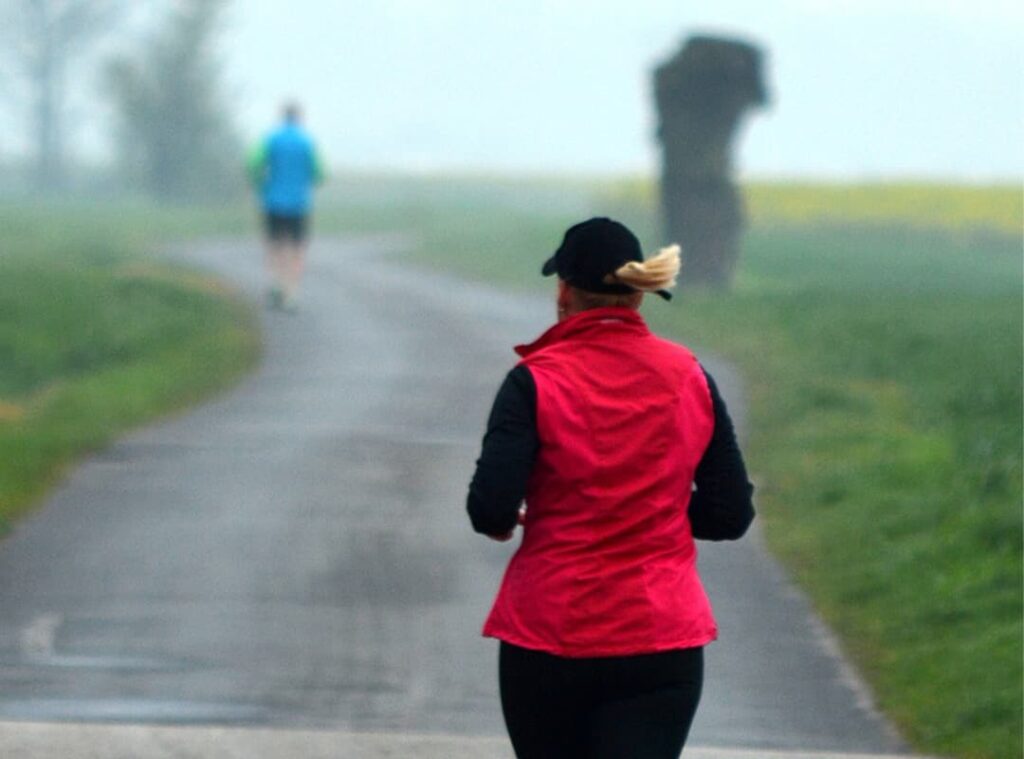Orienteering is an exciting and all-round sport that is attracting more and more people around the world. It combines physical activity, navigation skills and strategic thinking. However, as with any other sport, orienteering has its pros and cons, which are important for beginners to consider. In this article, we will look at the main benefits and possible challenges that beginners may face.
Pros of Orienteering
Improved fitness
Sports orienteering requires a lot of physical effort as participants run on different types of terrain, from forests and fields to mountains and marshes. This helps improve overall endurance, muscle strength and cardiovascular fitness.
Developing Navigation Skills
One of the key aspects of orienteering is the ability to read maps and use a compass. These skills are useful not only in sports but also in everyday life such as traveling and hiking.
Improving Mental Skills
Orienteering develops strategic thinking, quick decision making and the ability to analyze. These skills can be useful in many areas of life and work.
Contact with Nature
Orienteering competitions and training sessions take place outdoors, often in scenic locations. This helps reduce stress, improve mood and overall well-being.
Social Interactions
Orienteering often takes the form of competitions and events where you can meet like-minded people, make new acquaintances and even make friends.
Variety and Diversity
Every orienteering competition is unique due to the variety of terrain and routes. This makes the activities more interesting and exciting.
Disadvantages of orienteering
Technical Difficulty
It can be difficult for beginners to understand maps and compasses right away. It takes time and practice to master these skills to a sufficient level.
Physical Difficulties
Orienteering requires good physical fitness. Not all beginners can handle long distances and difficult terrain right away, which can lead to rapid fatigue and even injury.
Risk of Injury
Orienteering often takes place in difficult conditions – on rugged terrain, in forests, on mountainsides. This increases the risk of falls and injuries, especially for beginners.
Weather Dependency
Weather conditions can have a significant impact on competitions and training. Rain, snow or strong winds can make it difficult to complete tasks and create additional risks.
Need for Equipment
Orienteering requires specialized equipment such as maps, compass, comfortable and functional clothing and shoes. This can be an additional expense for beginners.
Difficulties in Finding Competitions
Some regions do not hold orienteering competitions as often as others. This can make it difficult to participate regularly and slow down progress.
Orienteering is an exciting and rewarding sport that can offer many benefits for beginners. It helps to improve physical fitness, develop navigation and thinking skills, and provide unique moments in nature. However, it is also important to consider the possible challenges such as technical difficulty, physical exertion and the need for specialized equipment. With the right approach and sufficient training, all these challenges can be overcome to enjoy all the benefits of this exciting sport.
